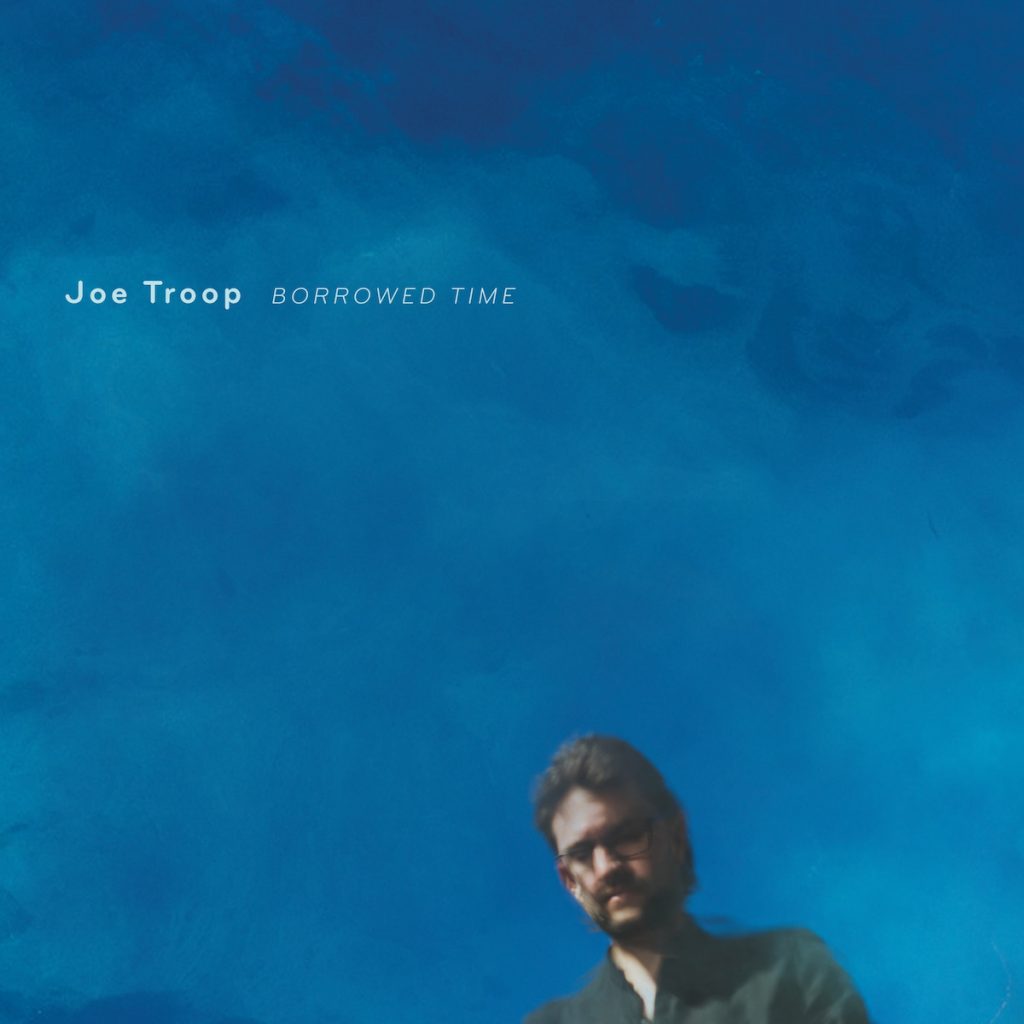Che Apalache’s Joe Troop Pours Activism into Songs on ‘Borrowed Time’

In 2020’s wake, it becomes easy to do less, to settle into the easy activism of occasionally attending protests or shouting on Twitter. To sit back and think, With Trump gone, the work is done.
Joe Troop shows a different path with his new album, Borrowed Time, and his ongoing advocacy work. Troop and his band Che Apalache began 2020 in a state of jubilation, having been nominated for a Grammy for their 2019 album Rearrange My Heart. As COVID-19 struck and the lockdown loomed, Troop’s bandmates (Pau Barjau, Franco Martino, and Martin Bobrik) booked some of the last flights to their home countries, while Troop stayed in the US to tie up the loose ends of their suddenly canceled tour.
Then Troop, a North Carolinian living in America for the first time in a decade, got to work. He focused his energies on getting folks registered to vote, started his “Pickin’ for Progress” YouTube series (which is how he met Dreama Caldwell and Baldemar Velasquez, who each inspired tracks on Borrowed Time), and even wrote the viral song “A Plea to the US Government to Fully Fund the Postal Service” (subsequently singing it at the gates of Postmaster General Louis DeJoy’s home).
The various advocacy endeavors Troop joined resulted in Borrowed Time, both by virtue of inspiration and by literally including them. The record began first by gathering a group of stellar musicians, including Béla Fleck, Abigail Washburn, Tim O’Brien, Nokosee Fields, Charlie Hunter, Trey Boudreaux, and more. Troop allowed Fleck and Washburn to select a song on which to play, and they chose the powerful and poignant “Mercy for Migrants,” with its refrain over Fleck’s banjo — “Why aren’t we there for each other? / Mercy is for everyone” — serving as a kind of mission statement for both Troop and the idea of the United States.
Musically, Troop treads territories not too dissimilar from his work with Che Apalache. These are bluegrass songs threaded with Spanish and South American influences, including a banjo flamenco instrumental (“Sevilla”), as well as several tunes featuring the bombo legüero drum from Argentina (“Horizon” and “Prisionero”). This combination of sounds, of course, is itself a form of advocacy; here, Troop shows the beauty of mixing cultural influences to make something new.
He explores this theme further with “Purdy Little Rainbows,” a half-jaunty ballad to other queer people who find themselves hunkered down in red state America. He explores the other side — the dangers of blind nationalism and an unmixed world — with the amusing and deft “Red, White, & Blues,” poking fun at the myopia of American exceptionalism.
Perhaps the central thread of Borrowed Time, however, is a striving hope tempered by the need for action. With “Love Along the Way,” Troop asserts that “we ought to strive / to love along the way,” and with “The Rise of Dreama Caldwell” (accompanied by the Alamance County Choir, from where Caldwell ran for office), he sings that “fearless leaders persevere” and “Fight on Dreama, through the years.”
With Borrowed Time, Troop asserts that, with work and acceptance, we can make the world better.


